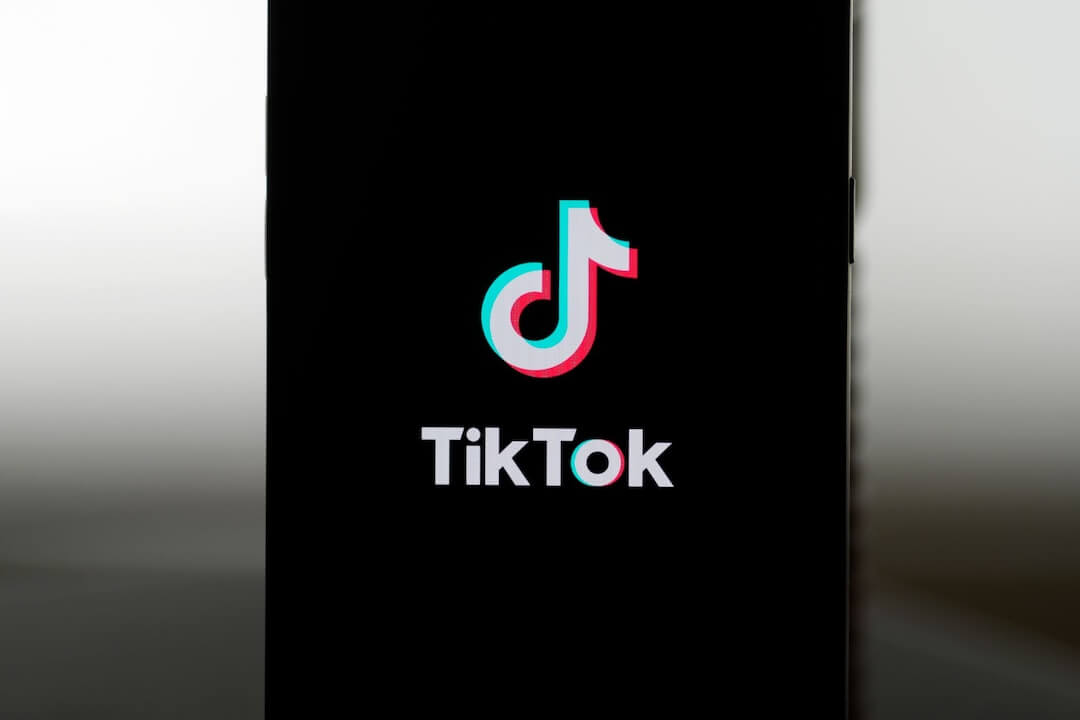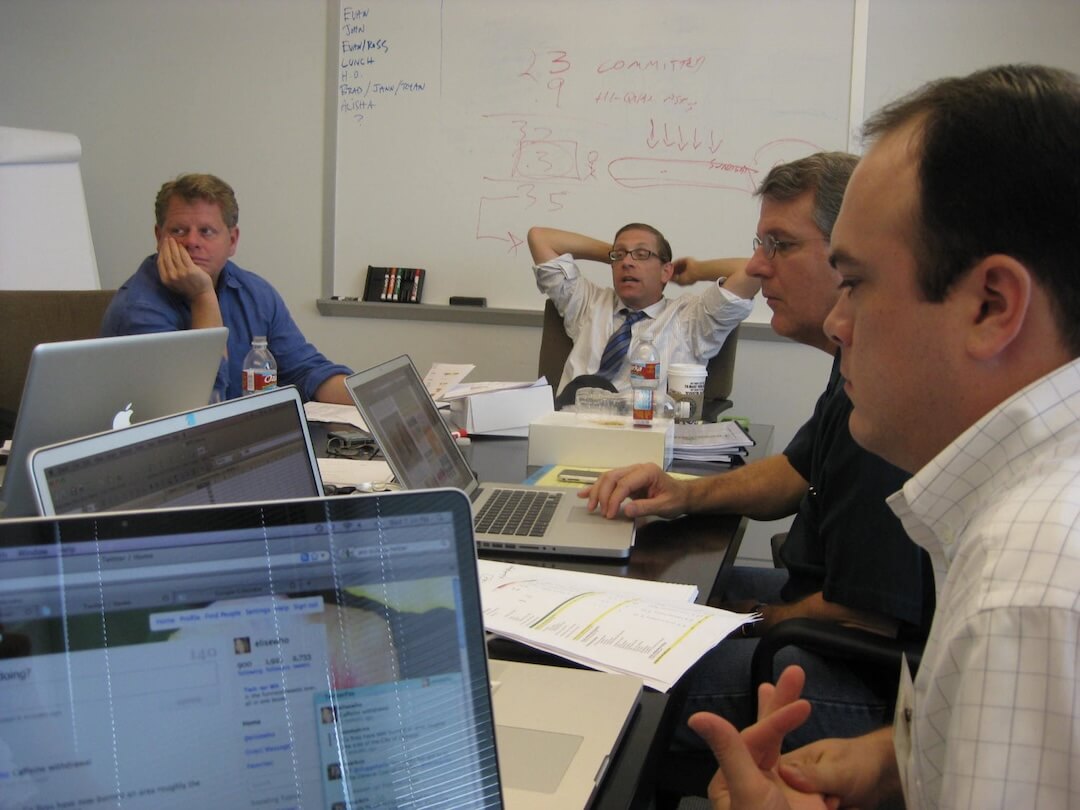Scott Kidder, director of editorial operations at Gawker Media, said it was “desperate” that Adweek’s website tried to get him to share a story on Facebook, Twitter or Google+ before he had read it.
Turns out, that was a bug; Kidder was supposed to have gone straight to the story, bypassing the Google Consumer Survey that Adweek uses as a sort of information paywall.
Why? Because Scott Kidder hates market research and is on a one-man crusade to drive them out of existence — and with them, the entire free market system — by lying on surveys. (Sorry, I just channeled Hamilton Nolan; I’ll pull back a bit.)
The real reason is that Google Consumer Surveys flagged Kidder as an unreliable respondent and decided not to show him the survey questions.
Paul McDonald, senior product manager and the founder of Google Consumer Surveys, explained to me via phone and email what happened.
The typical Google survey offers users two ways to cross the “info paywall” and see the desired content: Answer a couple of questions or choose an alternate method, usually subscribing or logging in. Sites also can ask that the user share an article before viewing it in its entirety, McDonald said.
Google’s clients use these surveys for market research, so Google has to ensure that people do not respond randomly. There are several ways to detect suspicious behavior, such as clicking on an answer too quickly, always choosing the first option, and incorrectly answering a question that has one obvious correct answer.
Publishers can choose how they want to handle those (ahem) unreliable users. They can offer only the alternate method of viewing the content — subscribe, log in or share — or they can let the user view the content without doing anything.
Adweek wanted to let these users see the content; the bug was that Google displayed the share option instead. (The public relations statement provided to Nieman Journalism Lab says essentially the same thing, if you read between the lines.)
But why would someone share a story he hadn’t read? McDonald pointed out that some people share stories before they’ve read the entire thing. (I’ve seen people retweet Poynter stories too quickly to have read them.) “Sometimes a snippet … is enough that you’d want to share it with your friends,” he said.
Kidder disagrees. “I think that offering a share before you’ve read an article is silly, period,” he told me via instant-message.
When I asked Kidder why he would’ve been flagged, he told me via email, “I’ve seen the survey prompts a handful of times. I find it generally annoying — I don’t recall randomly clicking a button to get past it but it’s certainly possible.”
McDonald’s explanation raises an interesting point: If all you have to do to bypass the surveys is demonstrate that you won’t answer them truthfully, doesn’t that reduce their effectiveness as a revenue generator? McDonald told me via email:
In general we take that stance that this is “loose paywall” in the same vein as the NYT paywall. Yes, there are ways around it but in most cases the path of least resistance is to just answer the question honestly. Even if you try to circumvent our abuse protections we are constantly adjusting them and the ways we figure out if someone is abusing them. You may end up seeing the surveys even if you think you are tricking us to get around it.
In the end we have to protect the quality of the data; otherwise researchers won’t pay for it and the entire ecosystem won’t work.
Kidder told me he’s not the kind of person who lies on surveys and screws with telemarketers: “I generally am too busy! Though I am generally one of those ‘Add me to the Do Not Call list’ guys.”
Mr. Kidder, just make it easy on yourself. Before you read the next Adweek story, tell me: “If you purchased a new tablet that came with cloud storage, which promotion would be most appealing to you?”
- 100 GB free for 1 year
- 50 GB free for 3 years
- 25 GB free for a lifetime
But what about the article Kidder wanted to read? He tried to +1 it, but that didn’t work. So he reversed that and opened an “incognito” window in Chrome. “And it worked.”
Related: “Forced sharing is like holding a gun to someone’s head when they know you don’t have any bullets in it — they’re probably just going to walk away.” (Buzzfeed) | Will we start to see more news stories citing Google Consumer Surveys? || Earlier: How Google is quietly experimenting in new ways for readers to access publishers’ content






Comments